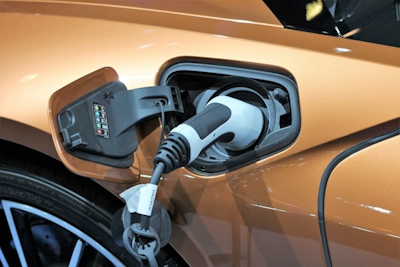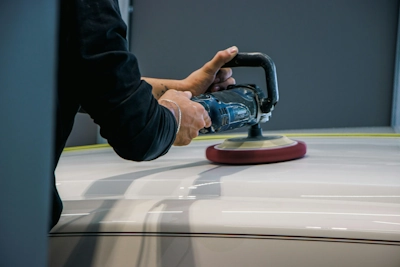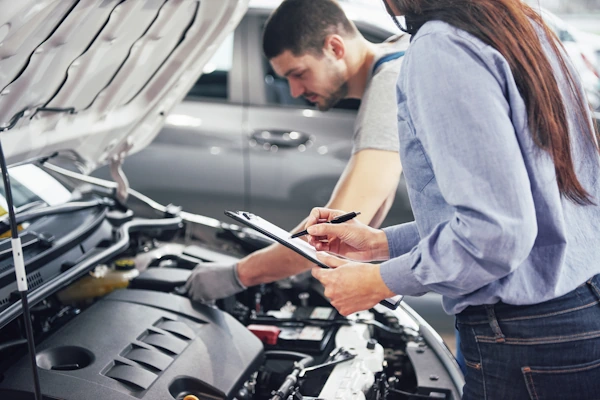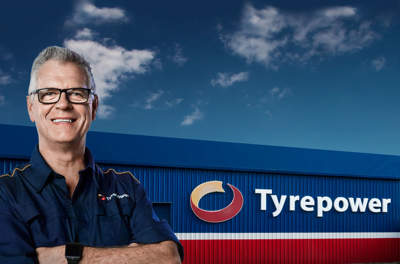While in operation, a car’s engine produces thousands of explosions per minute. The force from these explosions move pistons that begins the cascade of mechanical energy, which is eventually transferred into the motion of the wheels. These explosions also create a significant amount of heat, which if left unchecked and uncooled would quickly destroy the engine. To maintain maximum fuel efficiency, the temperature of the engine must remain relatively constant, and so a robust cooling system is required to extract the excess heat from the engine.
Liquid Cooling Systems
All modern vehicles are cooled by liquid cooling systems. Once upon a time, air cooling was a practice used by some manufacturers, but for the brevity of this article we will focus on liquid cooling systems. Coolant is the fluid circulated around a liquid cooling system and in most conditions, should be a solution of 1:1 ethylene glycol (occasionally referred to as antifreeze) and water. This solution has exceptionally useful physical properties including a very high boiling point and very low freezing point, as well as tolerance to increased pressures. These properties allow coolant to work in cars even when the outside air temperature is very high or very low.
The Path of Coolant
The circulation of coolant throughout the cooling system is driven by a pump and is what allows the engine to operate at its ideal efficiency. Coolant passes through passages inside the engine block where it extracts heat from the chambers. Coolant then travels into and through the radiator. This is a large mesh of thin pipes close to the car’s grille that allows incoming air to extract the heat from the coolant, and transport it outside the vehicle. The ventilated coolant is then pumped back into the engine, and the process continues.
In situations where the engine is already cool, a bypass valve comes into operation which prevents the coolant circulating through the radiator. Instead, it goes straight back to the engine. This cycle stays in operation until the engine has warmed up sufficiently to warrant the cooling power of the radiator.
The Heater Core
When you are running the heater in the car, the hot air is generated by a heater core which acts in a similar way to a radiator. Hot coolant flows from the engine through the heater core, and a fan passes air over the it to extract this heat. This hot air is then mixed with cooler air to generate the warm air that flows into the car.
Hoses
The cars cooling system is connected by a series of rubber hoses. If these hoses appear dry and cracked, wet and spongy, or show signs of ballooning, then they should be replaced.
Visit Tyrepower For a Service
Tyrepower are experts in a range of car maintenance services including steering repairs, wheel alignment and of course, tyre replacements! Our professionals are available all over the country to inspect and tune up your car, click here to find your nearest store.


























